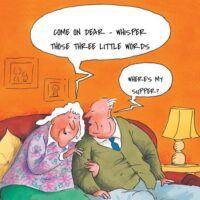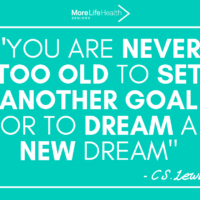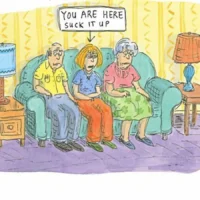Dear friends,
I’m writing to you this week with some big news: our newest daughter has arrived, and both she and my wife are healthy and doing great. We’re home now, settling in as a family of five, grateful and exhausted in the best way.
But let me tell you—the way she arrived wasn’t what we had planned.
Friday morning, my wife started feeling contractions. We live about 25 minutes from the hospital, so we jumped in the car and excitedly hit the road. But as we got closer, the contractions became more intense. About halfway down the 805, she looked at me and said—okay, screamed—”The baby is coming!”
I did what any panicked, totally unprepared dad would do: I floored it. In my head, I thought, “No way. Babies are born in hospitals, surrounded by doctors, not in the front seat of a car.” So I kept saying, over and over, the only thing I could think of: “Please don’t push.”
That didn’t work.
Right there in the front seat, our daughter was born. We were still five minutes from the hospital. My wife, somehow, was calm. I was staring at her and our baby in disbelief, while my body just kept driving.
Looking back, the whole thing felt like a scene out of a movie. Total chaos. Total adrenaline. But in the end, everyone is safe, and we’re incredibly grateful.
That experience got me thinking about a book I read years ago: Why Zebras Don’t Get Ulcers by Robert Sapolsky.
The core idea of the book is this: our bodies are actually great at handling acute stress —like racing down a freeway while your wife gives birth next to you. In moments like that, adrenaline kicks in. Our focus sharpens. Our bodies do what they need to survive.
The real damage comes from chronic stress —the kind that lingers day after day, week after week. That’s the kind of stress that wears us down, raises blood pressure, disrupts sleep, weakens the immune system, and yes, contributes to ulcers, heart disease, and burnout.
Sound familiar?
If you’re caring for an aging loved one, you know that stress. You live it. And science backs it up:
- Caregivers are at higher risk of depression and anxiety.
- One study found that caregivers have a 63% higher mortality risk than non-caregivers of the same age group (Schulz & Beach, JAMA).
- Many caregivers delay their own medical care because they’re too focused on someone else’s.
This is why I do what I do.
I can’t deliver babies (clearly), but I can help families make decisions, find support, and reduce the day-to-day burden of caregiving. If you’re feeling the weight of chronic stress from caring for someone you love, please reach out. I want to help. I can brainstorm with you, connect you to resources, or just listen.
Caring for others should not come at the cost of your own health.
All my very best,
Jonathan






